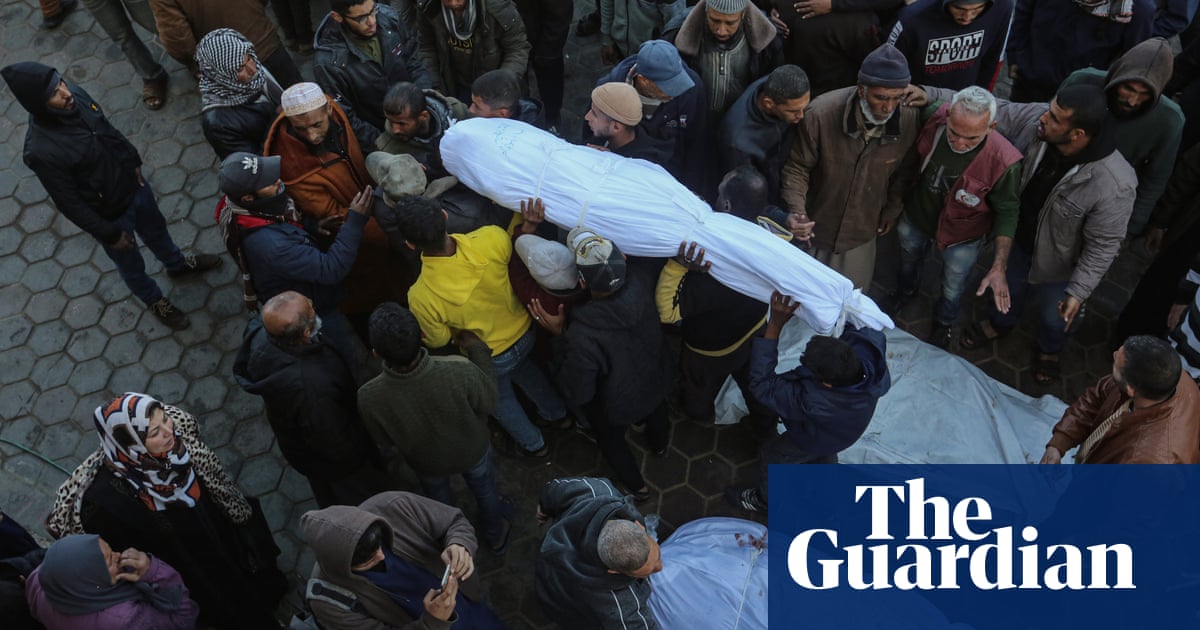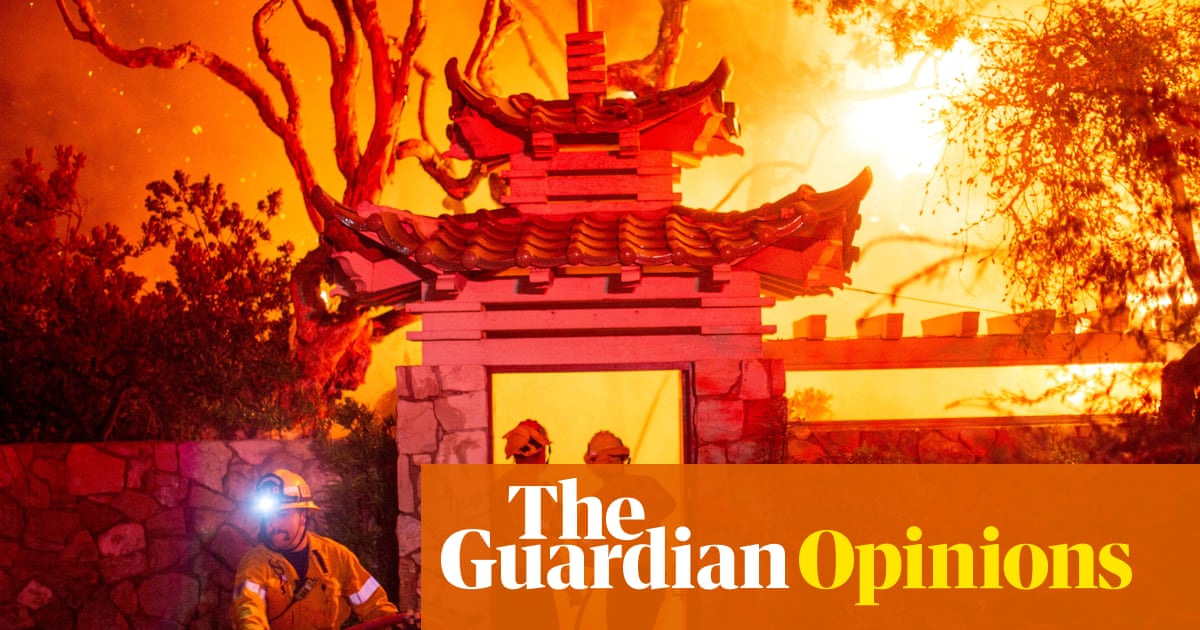Almost half of the 216 people known to have died in the catastrophic floods that hit the eastern Spanish region of Valencia at the end of October were 70 or above, according to a police analysis.
Figures from the data integration centre set up in after the disaster show that 131 of the victims were male, 85 were female and that 104 of them were aged over 70, among them 15 people aged over 90.
Nine children were killed by the flood waters, which followed torrential rains, with some areas of Valencia receiving a year’s worth of rain in a matter of hours. Twenty-six of those who died were foreigners of 11 different nationalities, including two Britons.
The numbers, gathered by forensic officers from the Guardia Civil and national police force, also reveal which areas had the largest losses of life.
In the town of Paiporta – which was the scene of angry protests during a visit by the king and queen, the prime minister and the regional president of Valencia five days after the disaster – the death toll was 45. In the nearby municipality of Catarroja, it was 25; in Valencia city, 16; in Alfafar, 15; in Massanassa, 11 and in Benetússer, Torrent and Picanya, it was 10. Elsewhere, in towns such as Utiel and Chiva, the death toll was fewer than 10 people.
Residents of Utiel, including the mayor, had previously said that those who died were older people, or those with mobility problems, who had drowned in their own homes.
Fears of another devastating flood in Valencia rose once again after Spain’s state meteorological office, Aemet, issued another red weather alert for the region on Wednesday night. But the area was spared a repetition of the disaster and the worst of Wednesday’s flooding hit Málaga in Andalucía, prompting the evacuation of thousands of people from riverside neighbourhoods.
Growing public anger over the authorities’ handling of the natural disaster led 130,000 people to take to the streets of Valencia last Saturday to demand the resignation of the region’s president, Carlos Mazón.
Mazón, a member of the conservative People’s party (PP), is under mounting pressure after it emerged he had a three-hour lunch with a journalist on 29 October, the day the torrential rains lashed the region, and did not arrive at the emergency command centre until 7.30pm that evening.
Much of the anger also stems from the fact that Mazón’s administration waited almost 14 hours before sending emergency civil protection messages to people’s mobile phones on 29 October, despite the series of weather warnings issued by Aemet early that morning and the previous evening.
Mazón himself has tried to blame Spain’s socialist-led government, and even the armed forces’ military emergencies unit (UME), whose personnel have been deployed to the region in huge numbers. He is due to offer an account of the disaster to regional MPs on Friday.

.png) 1 month ago
15
1 month ago
15













































